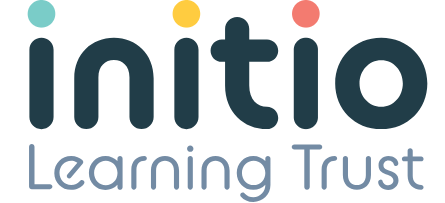Free School Meals & Pupil Premium
Pupil Premium funding is allocated to schools by the government to improve educational outcomes for disadvantaged pupils of all abilities in schools in England.
A message from Mrs Ashby is available here detailing Pupil Premium, Free School Meals and much more.
- To be eligible, students must be:
- currently eligible for free school meals or have been eligible for free school meals at any point in the last six years
- looked after by the local authority
- previously looked after by the authority or other state care - Parents can apply for free school meals for the first time using the link below
- Students transferring from another school, such as a middle school, who are already eligible, will have their eligibility data transferred to us
- For any other eligibility queries, please email office@queenelizabeths.com
What we receive:
Schools receive an amount of funding per pupil for students who fall into certain categories, this includes:
- students who have been registered eligible for free school meals at any point in the last six years
- students who have been, or are, in the care of a local authority
- students who are children of armed service personnel
What is the funding for?
Schools can spend pupil premium funding as they see fit; it is not a personal budget for each eligible student. However, schools must use the funding to raise the attainment standards of all eligible students. The aim is to close the attainment gap between these pupils and their peers at all levels of attainment
How we spend the funding:
- As a school, we are accountable for how we will use this additional funding. Schools are requested to publish online information regarding how they use the premium and the impact it has made. Please see the pupil premium strategy report below.
- In summary, our approach has reflected guidance from the Education Endowment Fund (EEF):
- quality first teaching for all
- a collaborative approach to supporting individual needs
- supporting the need for social, emotional and mental health provision
- continue to raise attendance
- ensure all students have the necessary literacy and numeracy skills to access the curriculum - Some examples of how we have used this funding:
- increased intervention lessons, targeted tutoring in year 11
- investment in technology resources to support high-quality teaching and homework (Google read/write and platforms such as SPARX English, maths and science)
- staff support for guided learning and the regulation station
- staff and resource support for the QE success centre
- continued investment in quality professional development
- breakfast clubs
- support funding for trips and activities
- external mentoring programmes
- chromebook support
- young carer allowances
How we measure the impact of the pupil premium grant:
- The impact of pupil premium is measured and reviewed throughout the year and evaluated at the end of each academic year. Regular checks are carried out to ensure that our proposed plans have been allocated well and are having the desired impact on outcomes. We check and monitor this progress through the following methods:
- lesson observations and learning walks
- book looks
- discussion with pupils
- attendance records
- assessment data
- involvement of students in extracurricular activities
- suspension rate data
Free school meals:
Queen Elizabeth's school uses the Initio free school meal application system to assess whether your child is eligible for free school meals: click here to access the application.

